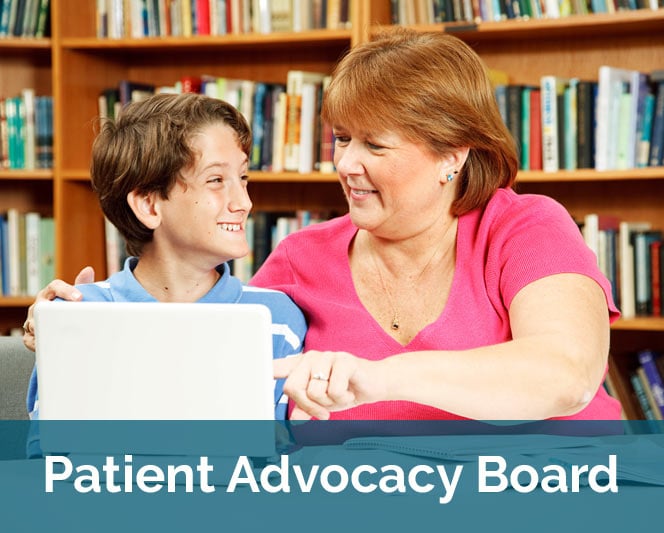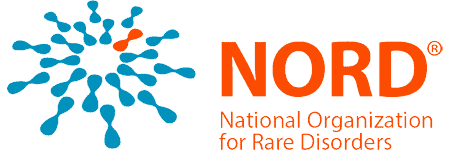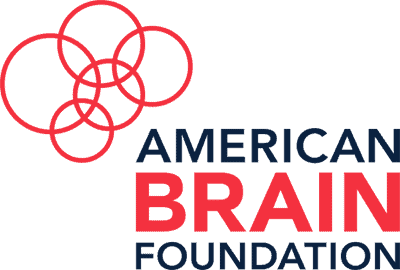Patient Advocacy Board

Gay Grossman
Gay has been advocating in the rare disease community for over twenty-five years advocating for genetic testing, shared data, and patients leveraging their data. Gay is an expert on private insurance and social services through state and federal policy for those affected by various disabilities.
– Co-founded ADCY5.org, the foundation for the rare ADCY5-Movement Disorder Syndrome. ADCY5.org supports world-renowned researchers studying the gene and its variant. The community’s involvement has led to treatment of symptoms. She continues to build a community of hundreds with this disease, when they started with only 1 patient, Gay’s daughter.
Prior to the community’s organization, researchers had never met patients affected by the disorder. Today, ADCY5.org supports research around the globe with families directly engaging with researchers, changing the trajectory of research and the impact of the disorder on patients.
– In addition to being the keynote speaker at the Biocom Annual Dinner and Illumina Global Sales Meeting, she has spoken to audiences of up to 1,000 attendees about her experience of having a child undiagnosed for 15 years, getting a diagnosis through whole genome sequencing, and building a community around the unknown genetic disorder.
– At GeneDx, Gay continues to put patients and families first to educate about the importance of clinicogenetics and having a genetic diagnosis. This coupled with electronic medical records and device data tells the diagnostic story.
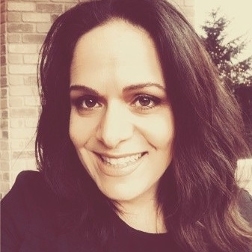
Sandra Sermone
Sandra founded ADNPkids.com in 2015 after her son was the first child diagnosed in the US, 11th in the world with ADNP. At the same time she created the worlds only ADNP parent support group on Facebook, where families could connect, share information and no longer feel alone. This ADNP family tribe has brought together families from across the globe to build a strong ADNP community. Little science or research existed in 2015 so Sandra began her own independent research projects. She then founded the ADNP Kids Research Foundation in 2016 to accelerate research and find cures for all children living with ADNP and those that will follow. She acts as the President, CEO and Primary Investigator for the ADNP Contact Registry.Sandra discovered the first biomarker for ADNP Syndrome and co-discovered the first viable drug treatment for her son and others with ADNP Syndrome. The Phase 2 FDA study was fully funded through the ADNP Kids Research Foundation and to date, is believed to be the first rare disease in US history to start an FDA drug trial using artificial intelligence.Some of her co-authored scientific publications have been published in Nature Translational Psychiatry, The Journal of Molecular Neuroscience and Frontiers in Endocrinology.
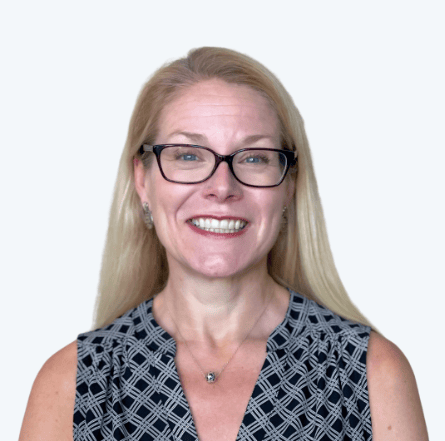
Kathleen O'Sullivan-Fortin
Kathleen is a co-founder of ALD Connect. She serves on the Board of Directors as Treasurer and General Counsel. Kathleen is a symptomatic woman with ALD and an ALD mom. Over the past ten years, Kathleen has taken on roles as a patient advocate, industry liaison, developer of programming, and facilitator of many events. Kathleen has served on the ALD Family Weekend planning committee, the NIH RDCRN CPAG committee, the EveryLife Foundation RDLA, the Alliance of Regenerative Medicine Patient Advocacy Committee, the CPSA Analytics Charitable Foundation, and the ALD Connect Industry Advisory Council.

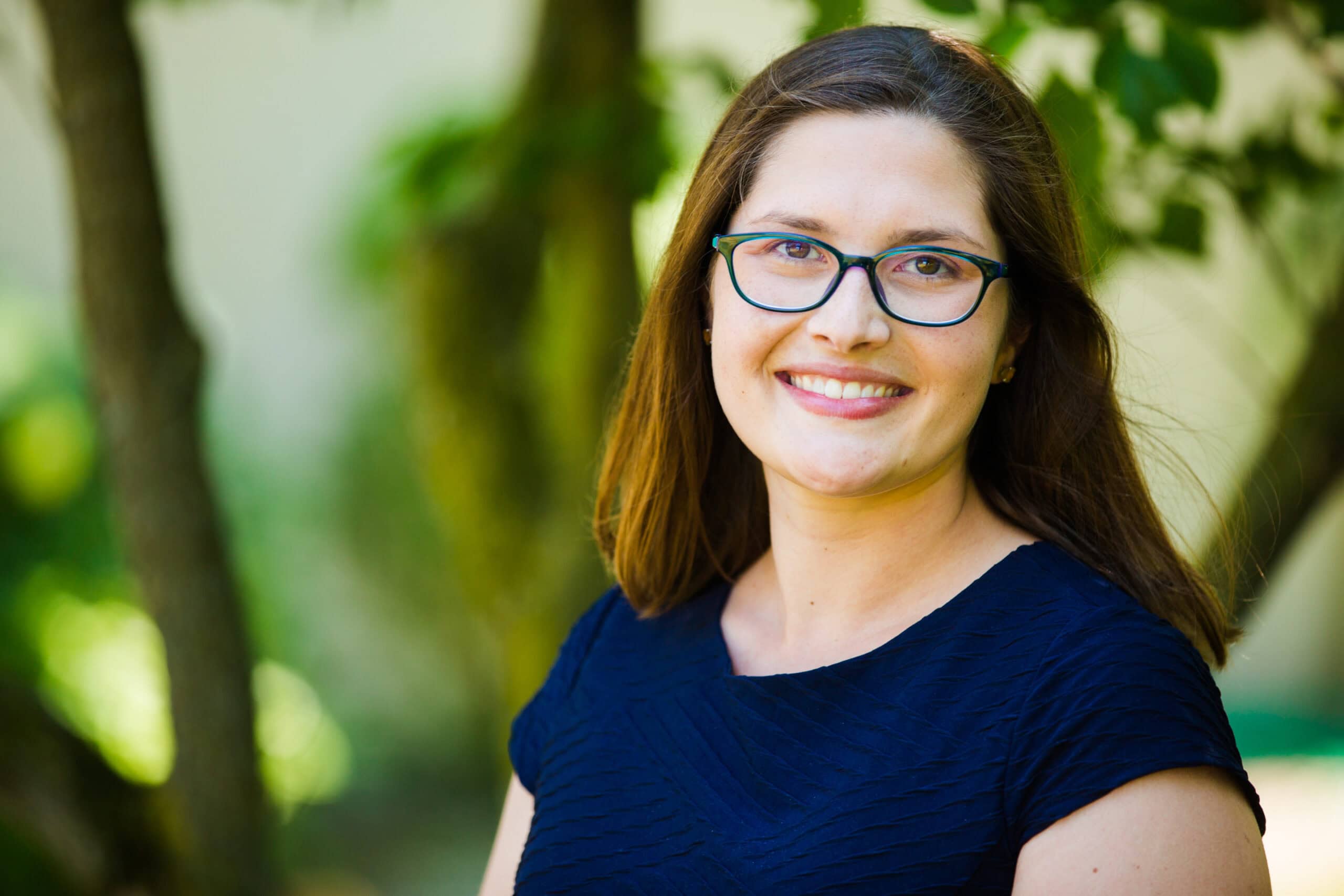
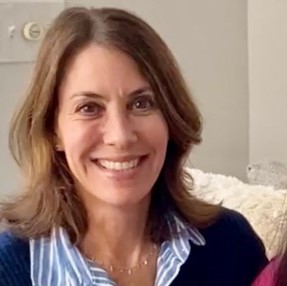
Lisa Manaster
Lisa Manaster is eager to help build awareness and accelerate the discovery of treatments for CACNA1A. She lives in Connecticut and has three children and one soon to be daughter-in-law. After years of genetic testing, her youngest daughter, Emily, finally received a diagnosis of CACNA1A in 2016 at the age of 19. While Lisa does not believe earlier identification would have changed their path, supporting research for a cure has become her passion. Lisa has worked as both an advocate and a special educator. She received interdisciplinary leadership training in the field of developmental disabilities as a Fellow in the Leadership Education in Neurodevelopmental and Related Disabilities (LEND) program at the Westchester Institute for Human Development. Lisa has a Bachelor of Arts in History from Cornell University and an MA from Teachers College, Columbia University. She is excited to be a founding partner of the CACNA1A Foundation and improve the lives of those affected with CACNA1A.

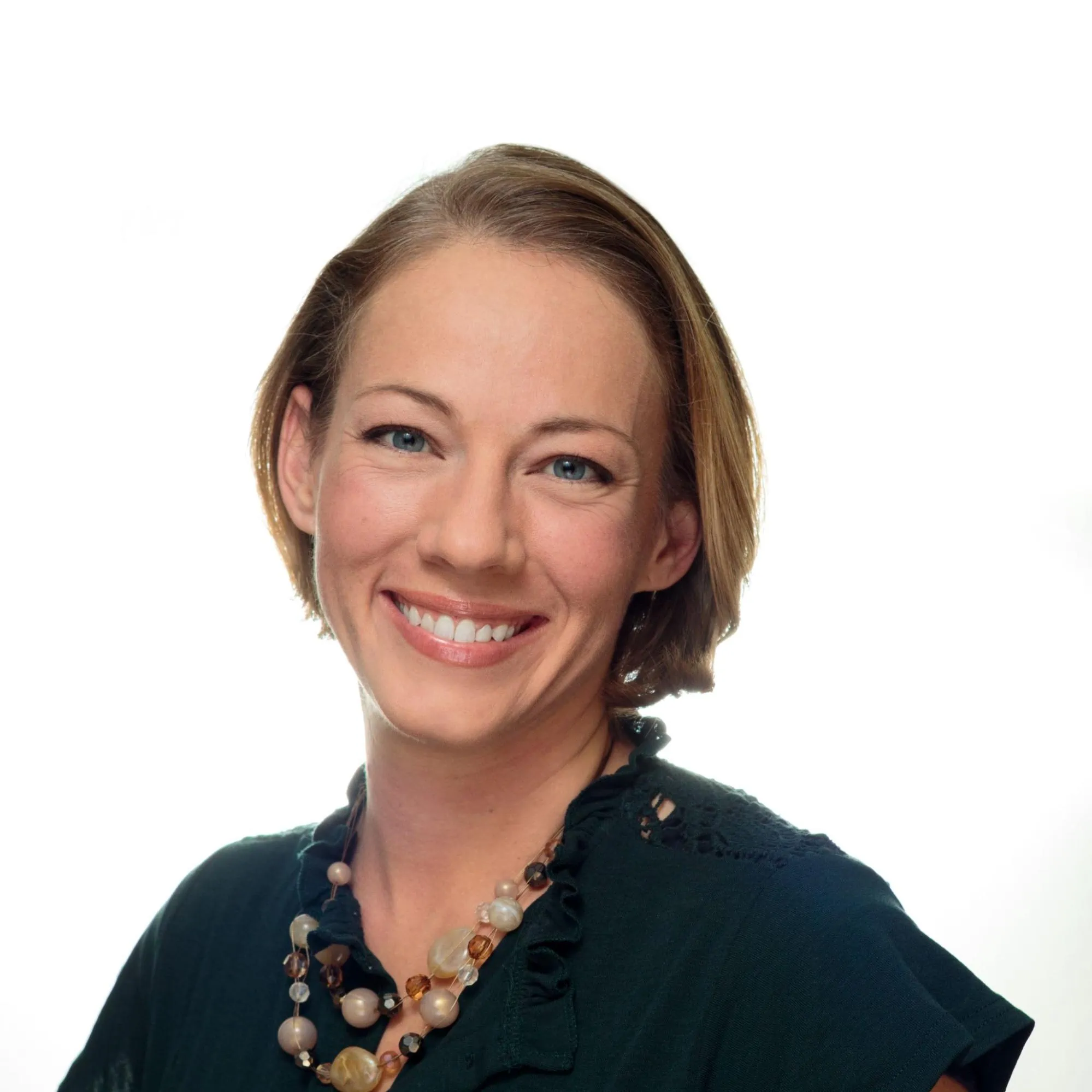
Kristina Hone
Kristina Hone is the Founder and CEO of the CASK Gene Foundation and the Principal Investigator for their CASK Registry and Natural History Study. She worked as a Therapeutic Recreation Specialist, with children who had development disorders and traumatic brain injuries, until her life changed with the birth of her daughter, who has a CASK gene mutation. In anticipation of extensive care and costs her daughter would require, Kristina shifted her career back to technology management as a Program Manager, where she led a quality control process for an international data pipeline, and initiated a global digital transformation for a collection of over 500 disparate websites and apps. After earning her MBA, she returned to public services as a charter school Board Trustee, before she was asked to fill the role of Special Education Director, where she served for three years. Merging her favorite aspects of her career, she now owns and operates a small family practice clinic with her husband, Jason Hone, and serves as a Genetics Navigator in their home state of Utah. Kristina also independently provides data science support and research data analysis services for a variety of rare disease patient advocacy organizations. She is passionate about exploring the power of data visualizations, for connecting and translating research to patients, families, clinicians, and communities in meaningful ways.
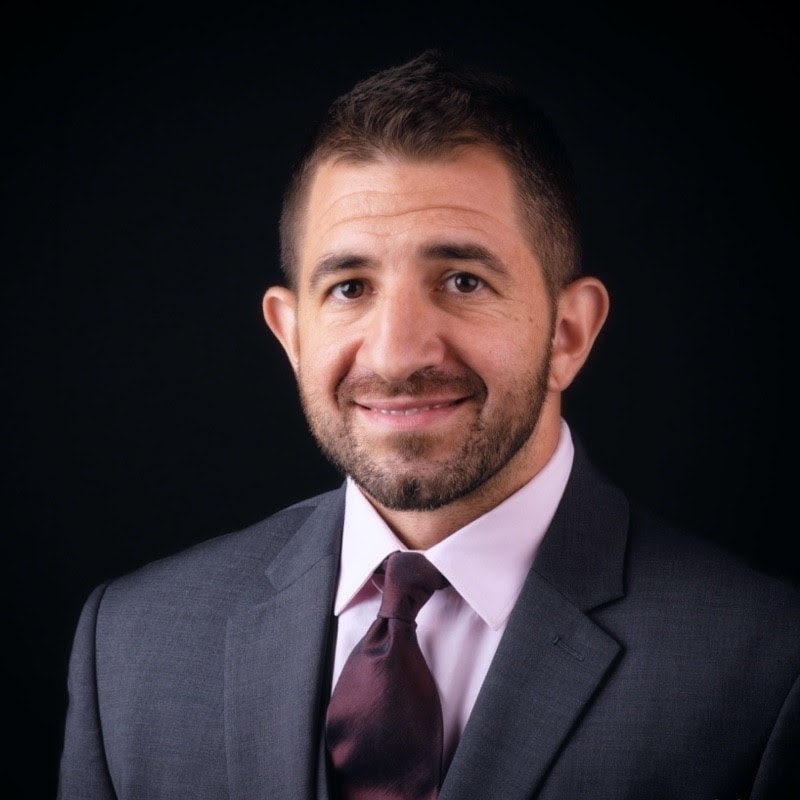
Jeff D'Angelo
Lisa Manaster is eager to help build awareness and accelerate the discovery of treatments for CACNA1A. She lives in Connecticut and has three children and one soon to be daughter-in-law. After years of genetic testing, her youngest daughter, Emily, finally received a diagnosis of CACNA1A in 2016 at the age of 19. While Lisa does not believe earlier identification would have changed their path, supporting research for a cure has become her passion. Lisa has worked as both an advocate and a special educator. She received interdisciplinary leadership training in the field of developmental disabilities as a Fellow in the Leadership Education in Neurodevelopmental and Related Disabilities (LEND) program at the Westchester Institute for Human Development. Lisa has a Bachelor of Arts in History from Cornell University and an MA from Teachers College, Columbia University. She is excited to be a founding partner of the CACNA1A Foundation and improve the lives of those affected with CACNA1A.
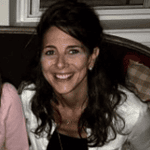
Lainey Moseley
Lainey Moseley is a freelance journalist with 25 years experience in breaking news and longform news magazine coverage for CBS Evening News, CBS: 48 Hours, & NBC News. Currently, Lainey splits her time between Philadelphia and Maine, working as a freelancer for NBC News across all news platforms.
Also, as the mother of a child identified as the first in the world with a rare disease called CHOPS Syndrome, she is developing a documentary on rare diseases called, “Too Rare to Care” which profiles the journey of families fighting the complacency of big Pharma and the medical establishment to find cures for their children.

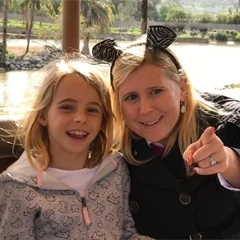

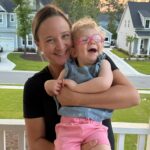
Emily Amerson
Emily’s daughter was diagnosed with CTNNB1 Syndrome in 2022 at the age of nine months old. Emily holds two Bachelor’s degrees and a M.S. in Mathematics. Before entering the rare disease world, she taught high school math for several years and founded an online math tutoring company. Emily initially became involved in CTNNB1 Connect and Cure as the director of social media and technology. As president of CTNNB1 Connect and Cure, her focus is on continuing CTNNB1 research, empowering the community, fighting for a cure, and bringing awareness to this rare disease.



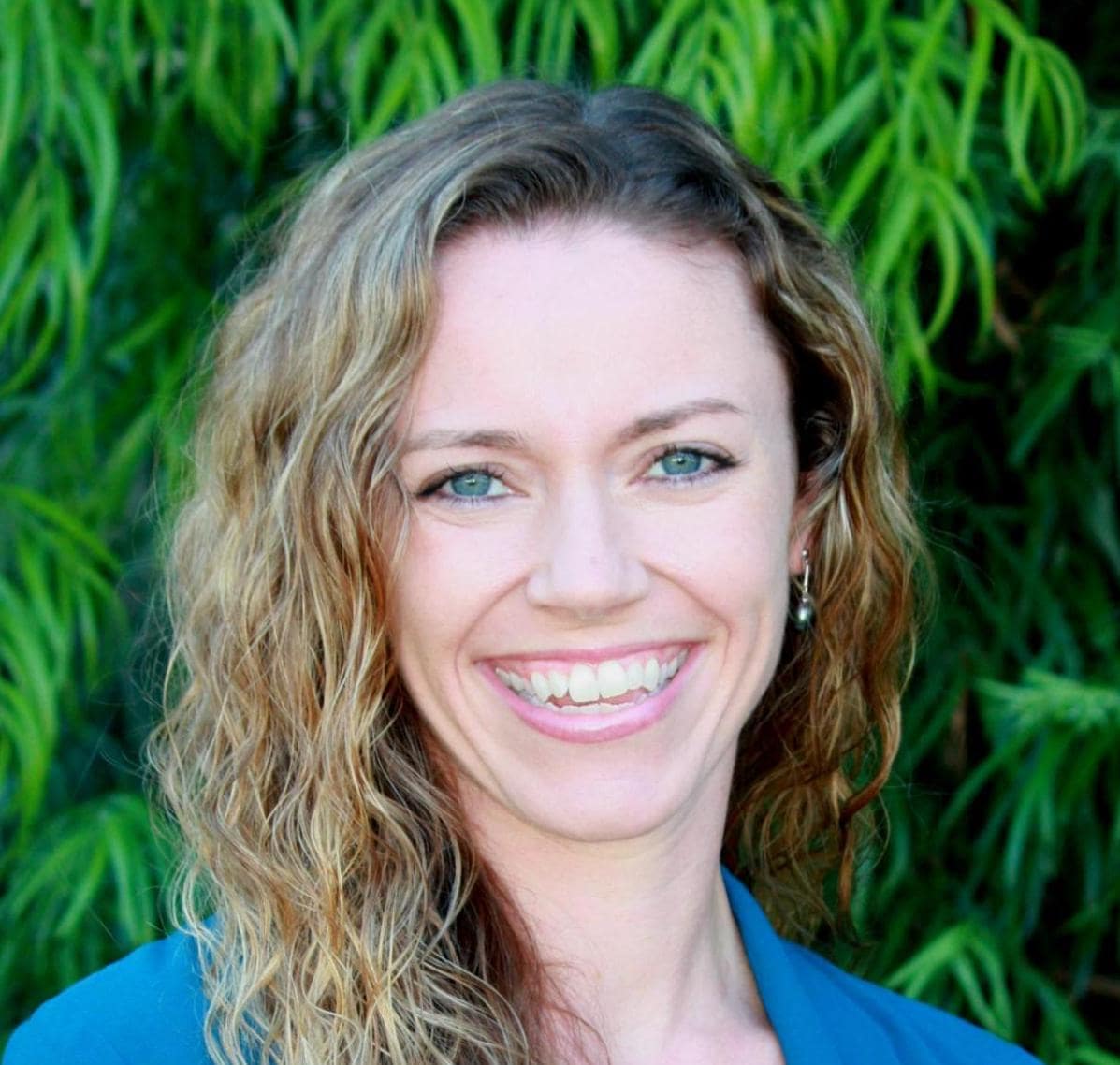

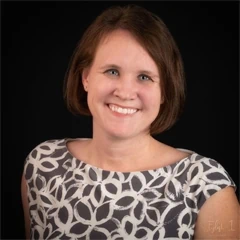

Keith McArthur

Geraldine Bliss
Geraldine’s son, Charles, has Phelan-McDermid Syndrome, caused by a partial deletion of the SHANK3 gene. His severe form of epilepsy, Lennox Gastaut Syndrome, has had a devastating impact. CureSHANK was born from her promise to Charles to help him get better.

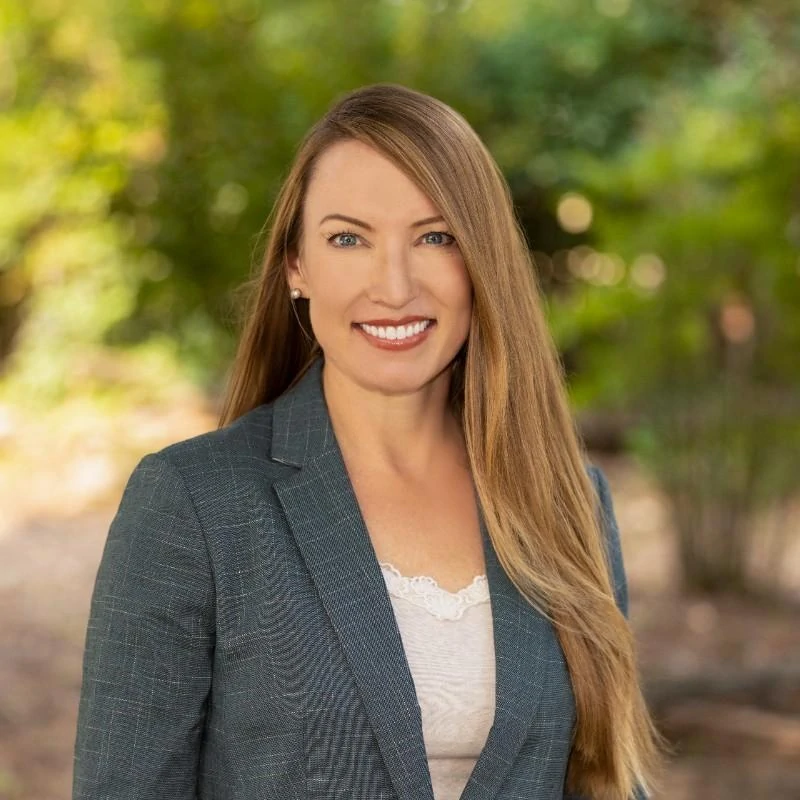
Sarah Glass
Sarah Glass, PhD is the Chief Development Officer at n-Lorem Foundation. Sarah received her graduate degree in Molecular Genetics at Ohio State University where she trained in rare inherited cancer syndromes. She has over 20 years of experience in clinical development and research across academia, pharmaceutical companies, and CROs. Sarah brings to CombinedBrain significant strengths and experience as an accomplished research geneticist, rare disease drug developer, and clinical trialist. She is acclaimed for forging key strategic partnerships across rare disease sectors and has driven efficiencies to decrease patient/ caregiver burden in clinical research.
Most notably, Sarah combines the professional expertise and training with the perspective of a parent. This allows Sarah to not only personally understand the challenges faced by our patients and their families, but also to translate this understanding into n-Lorem’s paradigm shifting platform solution for the ultra-rare community. Outside of n-Lorem, Sarah volunteers as chair of the DYRK1A Medical and Scientific advisory board and is engaged in many rare disease organizations to ensure collaboration in reaching our common goals.
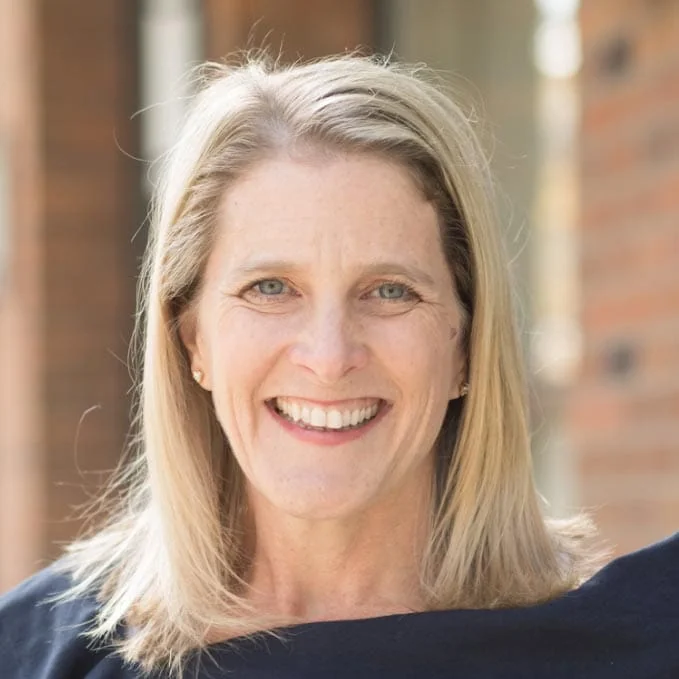
Jill Hawkins
Jill Hawkins is a relentless advocate for her children, Charlotte and Cooper, two of the first patients in the world diagnosed with a rare genetic disease called FAM177A1 Disorder. She has a BA from the University of North Carolina and MEd from the University of Washington. A former school psychologist, she now devotes her time to managing the complex care of her children and running the FAM177A1 Research Fund, which she founded to support the FAM177A1 community and accelerate the development of treatments for FAM177A1 Disorder. Jill is a published author and featured speaker on rare disease-related podcasts and panels. She is a proud Buffalo, NY native, now firmly rooted in the Pacific Northwest with her husband Dough and their three children.
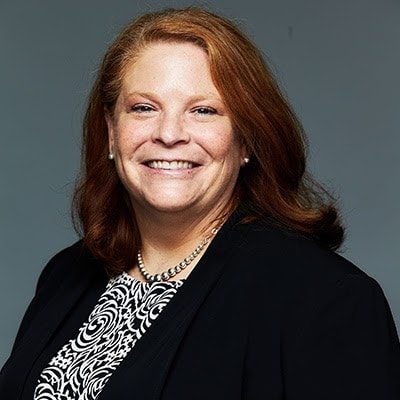
Leah Schust Myers
Leah has spent her entire career working in health care administration and never imagined she would find a use for her skills in an entirely different way. From medical secretary to hospital manager and everywhere in between, Leah learned how to manage the needs of large populations within a medical setting. When her son, Ben, was diagnosed with an SCN2A Disorder in 2012, it became abundantly clear how to leverage her 20+ years of experience to help not only her family, but hundreds of others. In July of 2019, Leah transitioned from her volunteer position as President of the Foundation Board, to a full time Executive Director role. The experience she brings with her, especially from her most recent position as Executive Project Manager for a fortune 500 Healthcare company, is giving the foundation the professional edge to meet the growing needs of the community. Communication and collaboration being her area of expertise, Leah has been instrumental in forming relationships with clinicians and scientists to advance progress in studying SCN2A and novel treatments. These alliances with researchers and industry leaders have been influential in catapulting SCN2A on to the map of exciting targets to study.
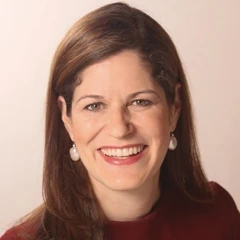
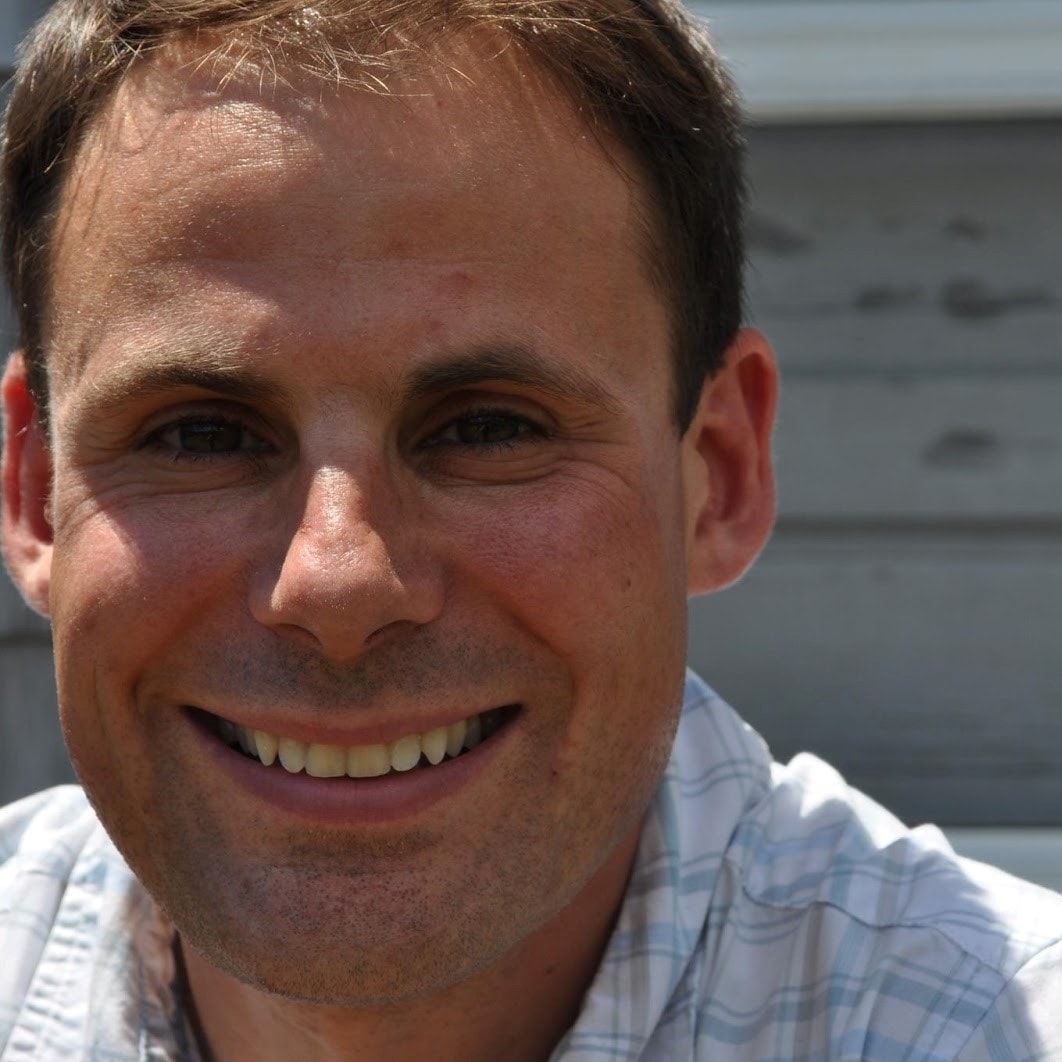
Bo Bigelow
He hosts a blog and weekly podcast called Stronger Every Day, about the challenges of raising Tess. He is also a co-founder of Disorder: The Rare Disease Film Festival. Bo holds a B.S. from Georgetown University and a law degree from New York University School of Law. He is of counsel to Murray, Plumb & Murray, a law firm in Portland, Maine.


Nasha Fitter
Nasha Fitter co-founded the FOXG1 Research Foundation shortly after her daughter Amara was diagnosed with FOXG1 syndrome. She is dedicated to leading our research strategy to find a cure for every child in the world who has FOXG1 syndrome. Nasha heads the rare and neurological disease division for Ciitizen, a technology company that enables fast and seamless access to patient data. She is also on the public board of the ACMG Foundation for Genetic and Genomic Medicine. Formerly, Nasha was the founder and CEO of tech startup Schoolie, which was acquired in 2016 by GreatSchools, as well as a Director at Microsoft Corp. Nasha has an MBA from the Harvard Business School.

Michael Tranfaglia
Dr. Michael Tranfaglia serves as Medical Director and Chief Scientific Officer of FRAXA Research Foundation. Mike is responsible for coordinating the Foundation’s research strategy and working with university and industry scientists to develop new therapeutic agents for Fragile X, autism, and related developmental disorders.
Mike graduated from Harvard University with a BA in Biology and studied medicine at the University of North Carolina at Chapel Hill. After obtaining his MD, he stayed at UNC for Psychiatry residency training, and then entered private practice in 1991 in Newburyport, MA.
Mike had specialized in the treatment of Anxiety Disorders prior to his son’s Fragile X diagnosis in 1992 and before he and his wife founded FRAXA in 1994.
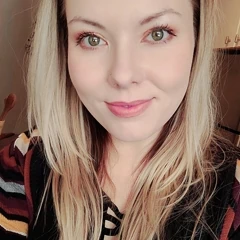
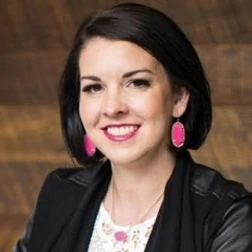
Melissa Gamble
After learning that her daughter, Ginny, was diagnosed with a Peroxisome Biogenesis Disorder-Zellweger Spectrum Disorder (PBD-ZSD), Melissa Bryce Gamble set out to find other parents facing a similar fate. What she found was a small community of parents corresponding via email and supporting one another as they navigated a lonely diagnosis. Melissa’s desire to raise funds for research, support families and promote awareness of PBD-ZSD led to the formation of the Global Foundation for Peroxisomal Disorders (GFPD) in October of 2010. Melissa served as Treasurer of the GFPD from 2010-2015. She served as President of the GFPD from 2015-2017, overseeing GFPD staff and volunteers in Tulsa, Oklahoma. She now serves as the Executive Director. Her daughter, Ginny, passed away April 25, 2015, at the age of 6 1/2 from the degenerative effects of PBD-ZSD after a long and valiant battle. Melissa is also a mother to Jack and Avery. Along with her husband, Brant, Melissa strives to honor Ginny’s memory through her work with The GFPD and as an advocate for children and adults facing rare diseases.
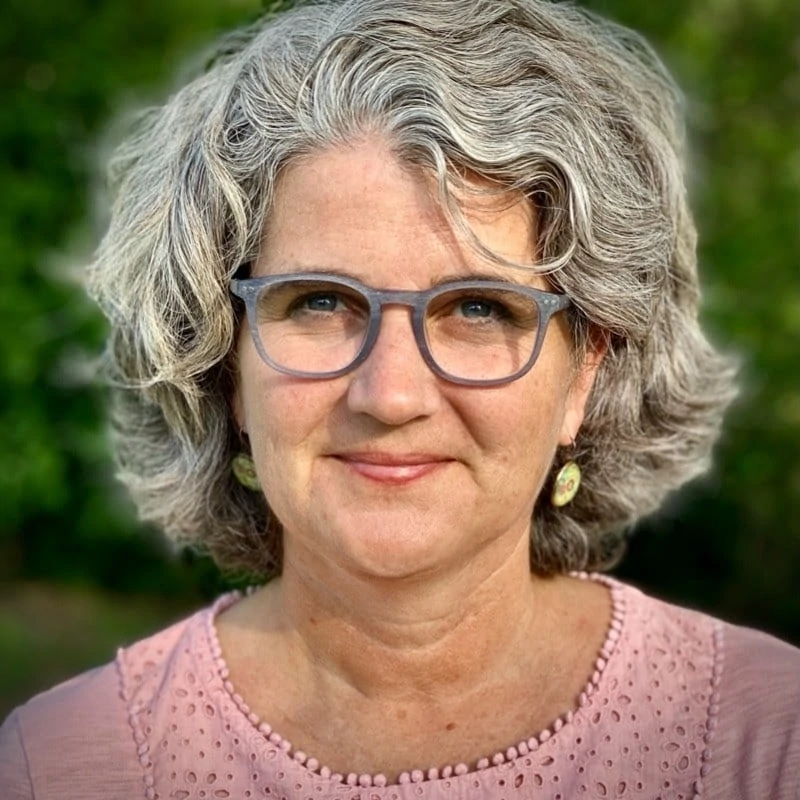
Glenna Steele
Glenna holds a BS and MED in Education from Eastern Kentucky University. She has spent 15 years teaching public school kindergarten and first grade in Florida and Kentucky. She has been a volunteer with the Epilepsy Foundation of Kentuckiana and Kentucky Special Olympics. Glenna was a founding board member, first President, and first Education Director of the Glut1 Deficiency Foundation. She lives in Owingsville, Kentucky with her husband, John, and their daughters, Macie and Maggie. Macie was diagnosed with Glut1 Deficiency in 2008 at the age of 10.

Liz Marfia-Ash
When Liz’s daughter, Lucy, was diagnosed with a GRIN2B variation in 2014, she was given a stack of scholarly neurological articles and case studies on others with GRIN2B, which might as well have been written in a foreign language. Frustrated by the lack of information for families, she vowed to never let that happen to anyone else. Inspired by the connections made in the GRIN2B Parent Support Group on Facebook, Liz wrote and published www.grin2b.com in 2017 as a way to help give families accessible information regarding GRIN2B. Later that same year, her journey into nonprofit work continued, and she founded and received 501c3 status for the GRIN2B Foundation. Understanding full well how lonely and overwhelming it is for families to deal with such a rare diagnosis, Liz is determined to be a voice of positivity in the GRIN2B community. She is very passionate about supporting both the well-being of families and working with the medical community to better understand and treat GRIN2B. Liz also serves on the board for Combined Brain and on the Simons Searchlight Community Advisory Committee.
In addition to her duties as President, Liz works as a Project Manager for a small marketing firm in Chicago. She loves Pilates, reading, writing, making lists and watching movies and Netflix. Her dream is to someday write a Children’s book. She lives in the Chicago suburbs with her husband and three children.
Read Liz’s Rare Leader profile from Global Genes.
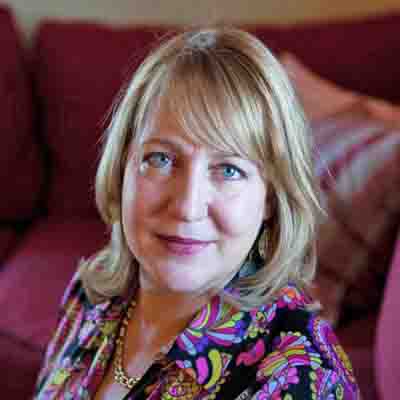
Allison Moore
Allison is Founder/CEO of HNF brings a unique perspective to research as a patient, caregiver and advocate. She provides a wealth of leadership experience as PI on the patient registry, GRIN, two Patient Clinical Outcomes Research Institute (PCORI) grants, a NIH CDC grant, the El-PFDD meeting for FDA and now the lead of HNF’s first biobank. Allison’s passion for optimizing CMT research and trials led her to develop the Therapeutic Research in Accelerated Discovery (TRIAD) bringing academia, industry and government together to achieve results. HNF continues to build a global consortium of patients and researchers to further advance natural history studies, biomarkers, and the development of digital outcome measures to support industry partners in the regulatory path to successful IND’s and clinical trials.


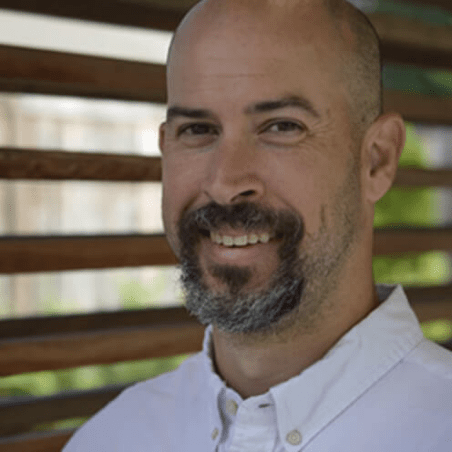
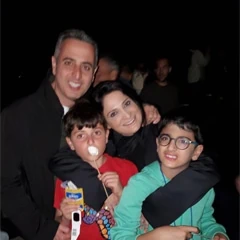
Gabi Conecker
President and Co-founder of the International SCN8A Alliance, founder and President of Wishes for Elliott, dedicated since 2014 to advancing SCN8A research Gabi is mom to Elliott, now 8 years old, who struggles with one of the most severe strains of SCN8A mutations. Gabi founded Wishes for Elliott to fight for better treatment and research even before Elliott was diagnosed with SCN8A at 15 months. At diagnosis, the family received the one published article on SCN8A in children offering little to no guidance on care, treatment, or prognosis. Even though she was still working full time building maternal/child health programs in sub-Saharan Africa and caring for a severely medically fragile child, she was inspired to bring the passion and urgency of SCN8a families to the nascent but growing community of SCN8A researchers and clinicians – and do everything possible to improve understanding for better treatment and outcomes for all SCN8A children. View a video about the decision to launch Wishes for Elliott.
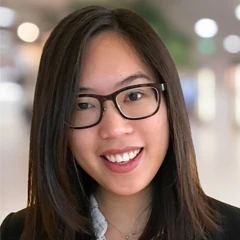
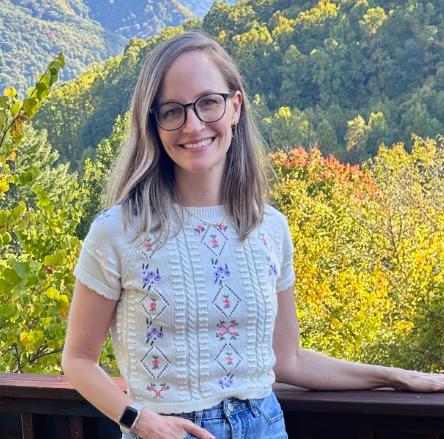
Melissa McNeilly
Melissa is a KDM5C mom and cofounder of the KARES Foundation. She lives in Charlotte, North Carolina, with her husband and three children. Her oldest, Julian, was diagnosed with a KDM5C genetic disorder at the age of 4. Melissa works in nonprofit digital content management and is a strong advocate at the intersection of disability rights and human rights. Melissa manages KARES’ day to day operations, including the website, social media, email marketing, and student intern program. Melissa formerly worked in education and holds a Bachelors of Arts in Spanish and Latin American Studies from UNC Chapel Hill and a Masters of Arts in Teaching from UNC Charlotte. She is excited to be focusing her energy on the KARES Foundation (KDM5C advocacy, research, education, and support) to improve the lives of affected patients and families so they can thrive in their communities.

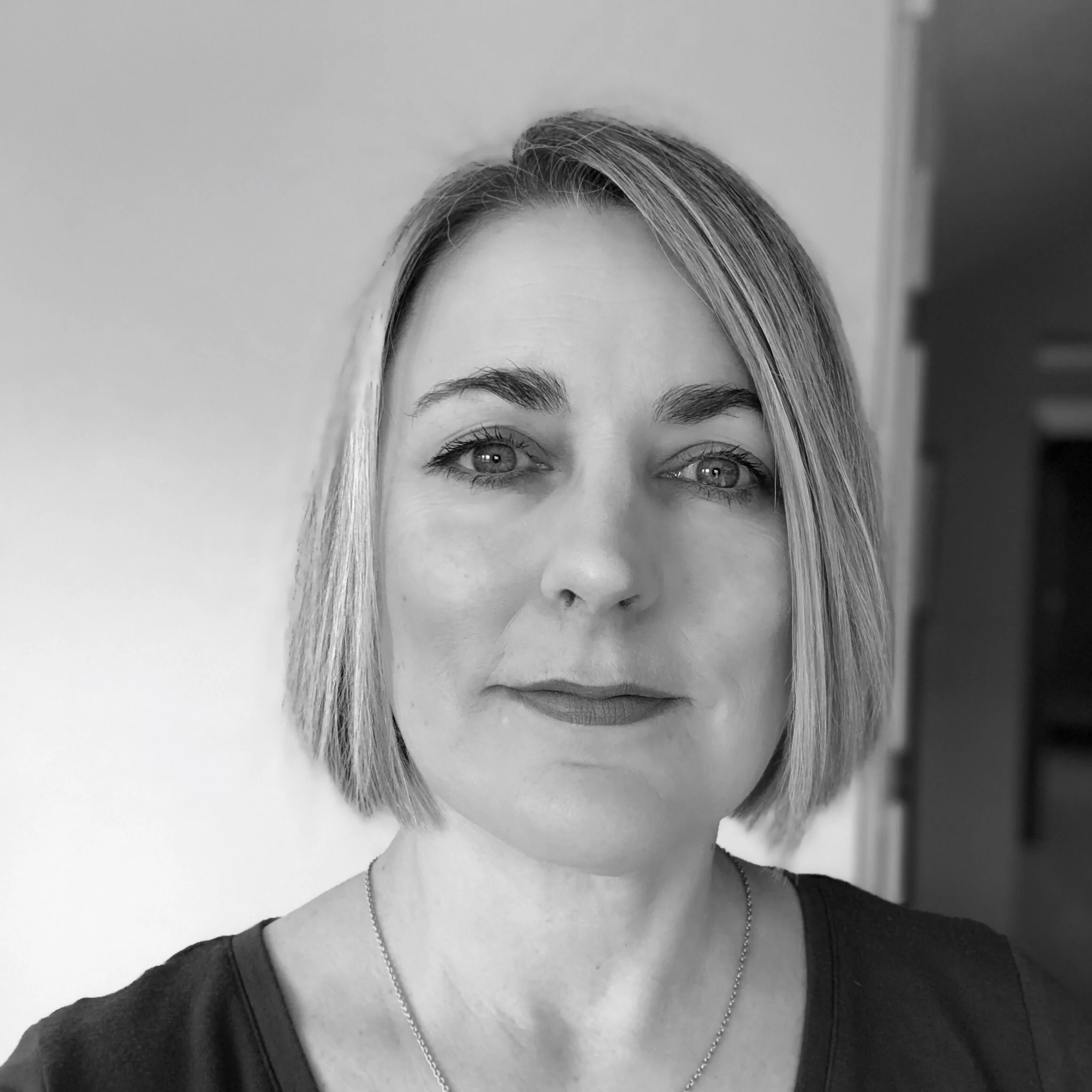
Scotty Sims
Prior to her career as a crisis therapist, where she provided support and assessment to children and adults with severe and persistent mental illness, Scotty was a forensic interviewer, specially trained to interview children who were victims of sexual abuse, for law enforcement, child protection, and the court system.
After her daughter Harper was born and diagnosed with KCNQ2 encephalopathy, Scotty started an international KCNQ2 parent group to provide support for families struggling with a diagnosis of KCNQ2 developmental and epileptic encephalopathy.
Alongside her husband, Scotty hosted the first international KCNQ2 Summit in 2014 with over 20 families traveling from around the world. In 2015 she co-founded the KCNQ2 Cure Alliance.
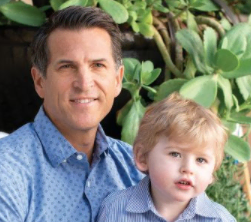
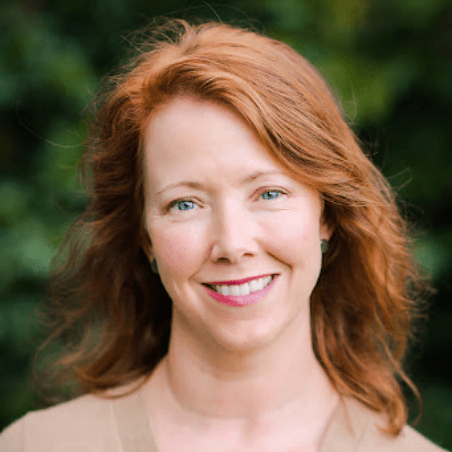

Hannah Lowe
Hannah Lowe is the President and Co-Founder of the L-CMD Research Foundation, a 501c3 nonprofit dedicated to developing treatments – and ultimately a cure – for LMNA-related congenital muscular dystrophy, which affects roughly 200 kids worldwide. Since its inception in 2020, the Foundation has raised over 2 million dollars and launched over 10 research projects in conjunction with academics, biotechs, and contract research organizations. This endeavor brings Hannah the greatest hope for her son, Austin, who is 5 years old and has this fatal condition.
Hannah holds a BS in Finance and a BA in French from University of Maryland, College Park, where she graduated summa cum laude before working in commercial and investment banking in the areas of healthcare and energy.
After nearly a decade in corporate America, she changed tacts to pursue her passion for art, launching a career as a painter and nonprofit fundraiser.
She finds it eerie that her work experience in healthcare, fundraising, and interest in biology and genetics, has set her up to face a life-altering diagnosis, such as L-CMD.
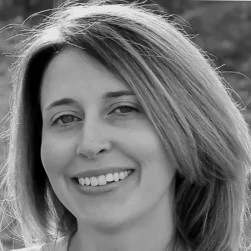
Dr. Christal Delagrammatikas
Christal has a Bachelor of Science in Biochemistry from Virginia Tech and a PhD in Pharmacology from the University of Michigan. Her doctoral studies investigated the role of different neurotransmitters in the regulation of rapid eye movement (REM) sleep; and her postdoctoral research at Weill Cornell Medical College of Cornell University explored brain pathways contributing to sleep apnea-induced hypertension. She continued on at Weill Cornell Medical College as an Assistant Professor of Neuroscience. Christal is now a full-time caregiver and lives with her husband and two sons in North Carolina. Her oldest son, Yanni, was diagnosed with Malan syndrome in February of 2018. Christal has used her academic training to learn as much as she can about the syndrome and is passionate about driving research forward so that we can gain a better understanding of this complex rare disorder. As a member of the Board, she is committed to the mission of the foundation and is determined to help change the course of the lives of those affected by NFIX genetic changes.
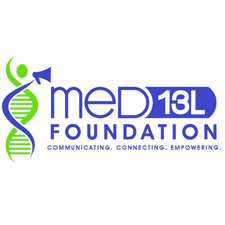
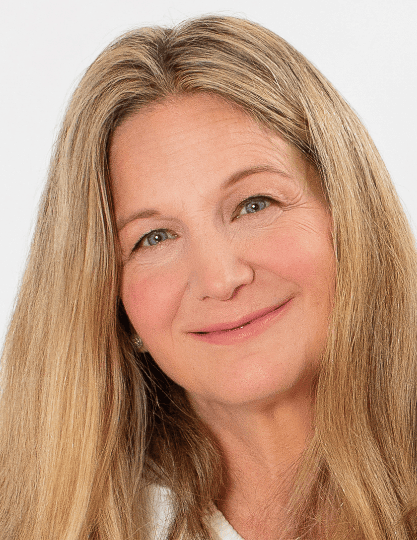
Anne Lenzin
Anne has a background in the fields of litigation, dispute consulting, damage analysis and economic based research and modeling. She is a graduate of Boston University and Johns Hopkins University, with degrees in International Economics and Social Change & Development, and a graduate thesis on Human Rights. When her son was born with profound developmental delays, Anne left her career to gain expertise in Physical Therapy, Occupational Therapy, Speech Therapy and Behavioral Therapy to help her son to achieve developmental milestones. Ten years later, genetic testing revealed a pathogenic variant of the MEF2C gene. Anne established the US MEF2C Foundation to accelerate research and development to find treatments and a cure for patients with pathogenic variants on the MEF2C gene. She strongly believes that we can best serve our patient community through collaboration and synergies within the neuro rare disease community.
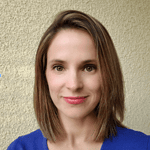
Kate Wears
Kate and her family moved to California in 2019, from the UK, when a new job opportunity presented itself and the adventure began! Her two sons have embraced the sunshine state and love the outdoor lifestyle. Her youngest son, Josh, didn’t present any significant symptoms, yet there were a few concerns that put the family on a path to a diagnosis and, just over a year later, Myhre Syndrome was confirmed when he was two years old.
Before family life, Kate graduated with a BA Hons Degree in Journalism in 2004, and a career in communications followed that has taken Kate all over the world representing many well known brands.
Becoming a full-time mum in 2016 gave Kate a new focus and following Josh’s diagnosis she wanted to take action and support the Myhre Syndrome community in anyway she could.
A passion for writing has seen Kate complete a first draft novel, with a dream to one day be published.
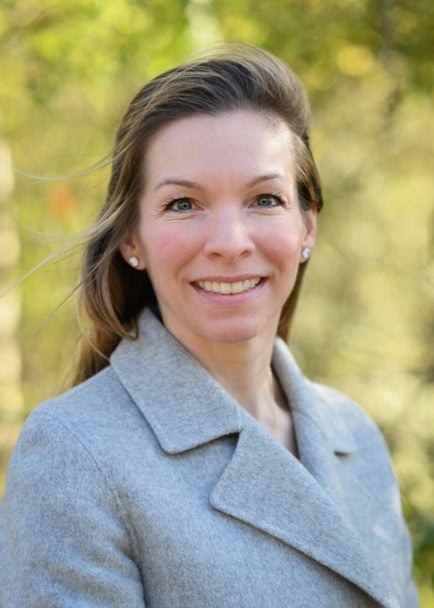
Jennifer Coughlin
President of the NR2F1 Foundation
Jennifer is proud Mum of 2 daughters, Alice and Edith. After spending Edith’s first year of life going from specialist to specialist and undergoing countless tests, Edith was diagnosed with BBSOAS two weeks after her first birthday. The immediate shock, fear, lack of answers and desperation fortunately lead them to the NR2F1 Foundation.
Having spent some time understanding the incredible work the Foundation has been doing, Jennifer was keen to get involved in any way she could, driven by the desire to help Edith and others in the BBSOAS community. Being based in the UK this also demonstrated how the Foundation truly is helping families and patients around the world. Jennifer was voted in as Vice President in 2023 and stepped into the role of President in April 2024. This role allows Jennifer to utilise her work experience, bringing efficiencies and processes to the board.
Jennifer lives with her husband Tim and two daughters and recently relocated to Houston, Texas. Jennifer has a BA in Business Management from Oxford Brookes University, UK. Before deciding to stay at home to support Edith, Jennifer spent 14 years working at UBS Investment Bank as an Executive Director, in both New York and London.


MICHELLE LARSCHEID
P.R.I.S.M.S. (Parents and Researchers Interested in Smith-Magenis Syndrome)
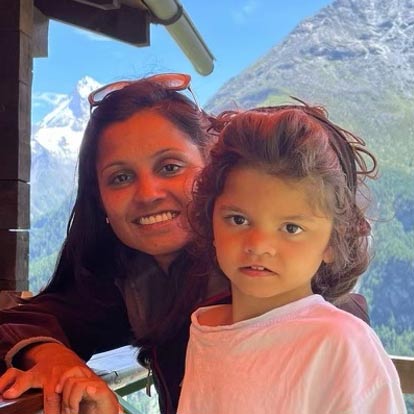

Andrew Longenecker
Andrew Longenecker is the Co-Founder and President of PBD Project, a non-profit dedicated to children with Peroxisome Biogenesis Disorders (PBDs), with an immediate focus on PBDs caused by inherited mutations in PEX10. PBD Project is committed to supporting medical research to discover and develop treatments for patients and has assembled a team of dozens of researchers from around the world. Andrew has previously led Business Development, Finance, and Operations for multiple tech startups and was previously a Management Consultant at McKinsey & Company. He attained MBA / MS degrees at Stanford University and a BS degree from Duke University, where he attended on full academic scholarship and graduated Summa Cum Laude with a triple major in mechanical engineering, biomedical engineering, and economics.

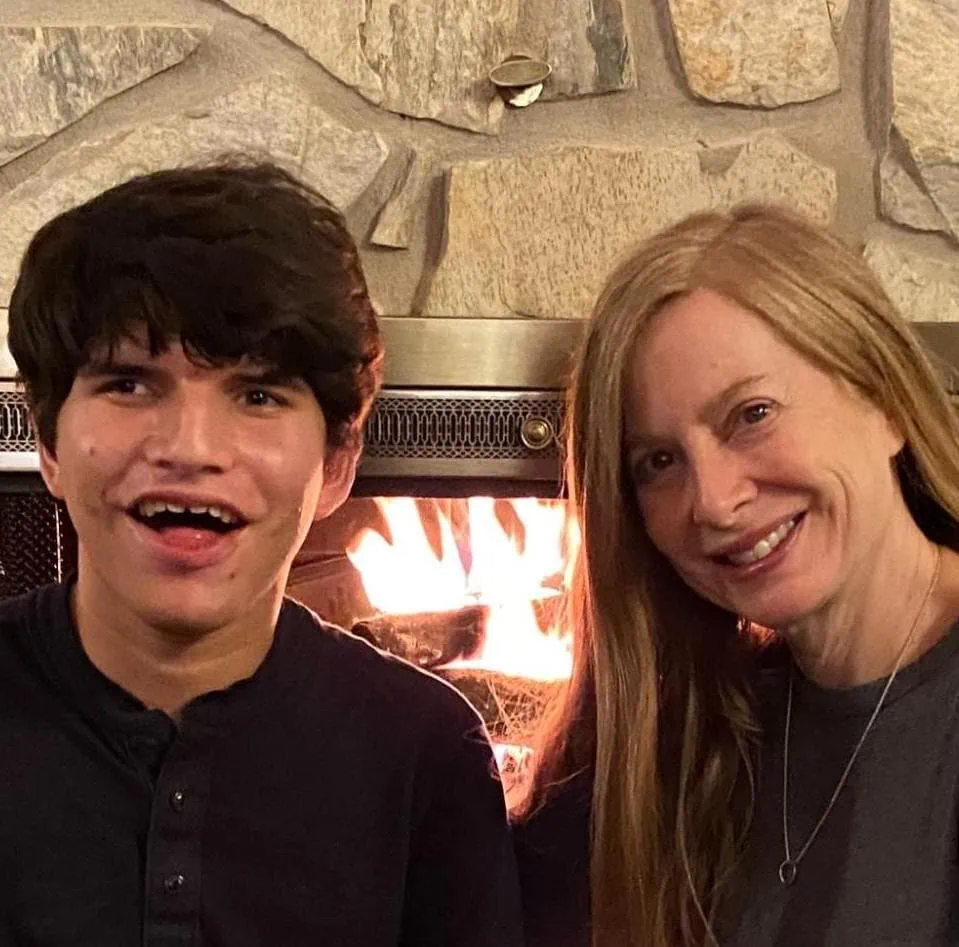

Bina Maniar
In 2018, Bina founded Project 8p Foundation to accelerate research with the goal of treatment for chromosome 8p heroes like her daughter Karina. Since then, she has fully committed herself to the advancement of clinical and research understanding of rare disorders, in particular neurodevelopmental chromosomal disorders such as the 8p rearrangements. Shifting perspectives from disease specific efforts to innovative approaches that are gene-agnostic and cross disorder is a long term scalable vision of hers. As a result, she is the founding partner of the Commission on Novel Technologies for Neurodevelopmental Copy Number Variants (CNVs). Her family resides in New York City where Bina earned her B.S. in Finance & Marketing from NYU Stern Business School as well as her M.B.A. from Columbia University. She has over 15 years of experience in finance in the areas of mergers and acquisitions, private and public equity investing, real estate development, and property management. Bina leverages her business and entrepreneurial background and network to build bridges to improve efficiencies in a Collaborative Impact model for Team Science.
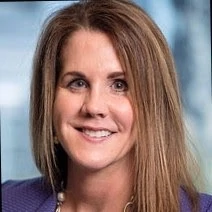
Dr. Kim Stephens
Kim first heard of Hunter Syndrome when her son Cole was diagnosed in 2012 at two and half years old. Since that time, she has been focused on finding a cure for this disease. She frequently speaks as a rare disease advocate at conferences and events and serves as a mentor and resource for newly-diagnosed families. Kim previously worked in the non-profit space as Director of Fundraising for the National Multiple Sclerosis Society. Prior to that she worked for IBM for 20 years in communications, product development for the IBM Accessibility Center, and most recently as the Diversity and Inclusion Communications and Education leader. She is the founder of Inclusive Thinking – a consulting company dedicated to increasing diversity and inclusion through research, education, and strategic planning. In addition, Kim is an Associate Professor at Lincoln Memorial University teaching management and leadership in the MBA program. Kim received her Doctorate in Business from Georgia State University and focused her dissertation on implicit bias and the role of transformational conversation and social identity on behavioral change. Kim received her Master of Arts in Professional Communication from Clemson University and her Bachelor of Arts in English from the University of Tennessee. Kim lives in Knoxville, Tennessee with her husband Jeff, her older son Connor, Cole and a dog named Rosie. She enjoys running, swimming, cycling and playing outside with her boys.

Hitomi Kubo
Kim first heard of Hunter Syndrome when her son Cole was diagnosed in 2012 at two and half years old. Since that time, she has been focused on finding a cure for this disease. She frequently speaks as a rare disease advocate at conferences and events and serves as a mentor and resource for newly-diagnosed families. Kim previously worked in the non-profit space as Director of Fundraising for the National Multiple Sclerosis Society. Prior to that she worked for IBM for 20 years in communications, product development for the IBM Accessibility Center, and most recently as the Diversity and Inclusion Communications and Education leader. She is the founder of Inclusive Thinking – a consulting company dedicated to increasing diversity and inclusion through research, education, and strategic planning. In addition, Kim is an Associate Professor at Lincoln Memorial University teaching management and leadership in the MBA program. Kim received her Doctorate in Business from Georgia State University and focused her dissertation on implicit bias and the role of transformational conversation and social identity on behavioral change. Kim received her Master of Arts in Professional Communication from Clemson University and her Bachelor of Arts in English from the University of Tennessee. Kim lives in Knoxville, Tennessee with her husband Jeff, her older son Connor, Cole and a dog named Rosie. She enjoys running, swimming, cycling and playing outside with her boys.
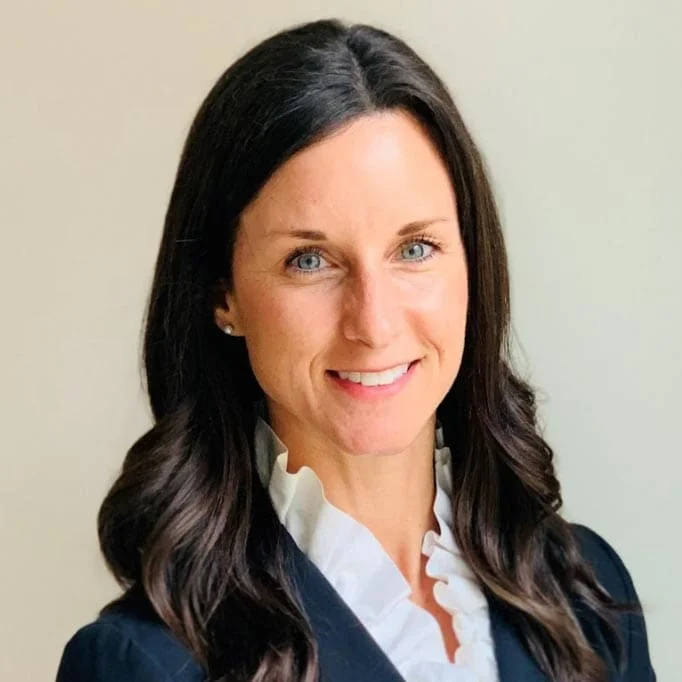
Teri Declercq
Teri DeClercq is a mom with a mission to fight the NARS1 disease. She is determined to advance the research on this rare mutation by bridging the gap between scientific teams and families affected by the disease. As a mother to a son diagnosed with NARS1, she has seen the daily hardships of this disease as well as the stress it can put on a family. She hopes to help offer information and a plan for families who receive this diagnosis in the future.
She graduated from the University of Minnesota with a Bachelor’s degree in Marketing and has spent most of her career in Merchandising and Project Management at a major retail corporation.
When she isn’t being a full time mom or working her day job, she keeps busy with kids activities and trying to see friends. She also enjoys trying new restaurants, golfing, traveling, and being outside with her two sons.
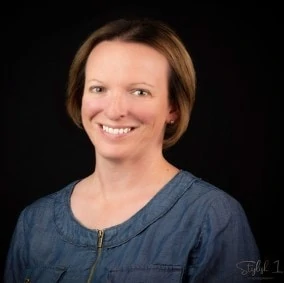
Allison Kaczenski
Allison Kaczenski graduated from the College of Charleston with a BA in Arts Management where the study of focus was nonprofit management. Mrs. Kaczenski has spent her entire 20+ year career working in the nonprofit field of fundraising, donor relations, and event planning with various nonprofits such as the Atlanta History Center, Zoo Atlanta, Special Olympics Georgia, and most recently for Emory University. As a mother of a daughter with SATB2-associated syndrome, she wanted to help others who receive this diagnosis receive the proper support they need as well as further support research and awareness.
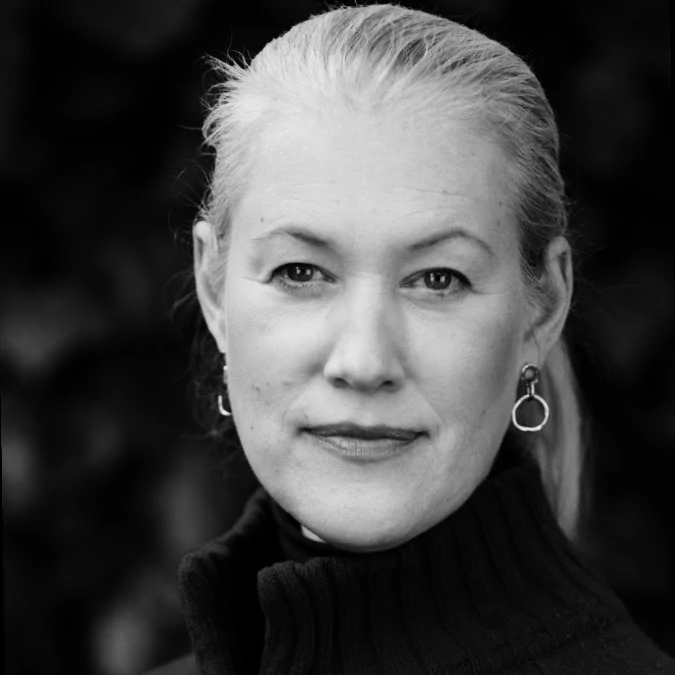
Nuala Summerfield
My daughter Ophelia was born in 2011 after an uneventful pregnancy and birth. However she suffered a respiratory arrest just minutes after birth and spent several weeks in a neonatal intensive care unit at a central London teaching hospital, baffling all the specialist doctors as to what was wrong with her. Once she was well enough to come home, life was a constant roller coaster of emotions, hospital visits and tests. Ophelia developed seizures at the age of 9 months old and it was this that led to her being diagnosed with Schinzel-Giedion Syndrome by a clinical geneticist who had trained with Professor Albert Schinzel (who first described the condition in in 1978). What are the chances of that! Ophelia is our only child. She is now 9 years old and lives with myself and her father (and our 2 dogs and a cat) in West Sussex, UK. She continues to have daily seizures as well as suffering from many of the typical Schinzel-Giedion Syndrome symptoms such as severe neurodevelopmental delay, bladder problems and feeding problems. However, she is a wonderful, happy, sociable little girl who loves spending time with family and friends, enjoys going to school and loves nothing better than swimming and warm baths! She truly loves life and she is our daily inspiration. I have been a practicing veterinary surgeon for over 20 years and have been involved in both clinical practice and in clinical research studies. I understand the need to practice evidence-based medicine founded on scientifically rigorous studies, but as a parent of a child with a severe life-limiting genetic condition, I also understand the desperation of parents to have research move more quickly from the laboratory to the clinic, where it can have a meaningful quality-of-life impact on our children. This was the driving force that led to the decision to establish The Schinzel-Giedion Syndrome Foundation in 2019 and I have been extremely fortunate to have been joined by such wonderful fellow parent Trustees in this endeavour. As a new rare-disease organisation, with an important role of being the only charity representing the international Schinzel-Giedion Syndrome community, we have developed a well-defined strategic research plan with help from our Scientific and Medical Advisory Board, to ensure that we achieve our goal of accelerating the development of effective therapies for our amazing children.
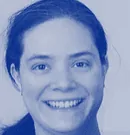

Jason Curry
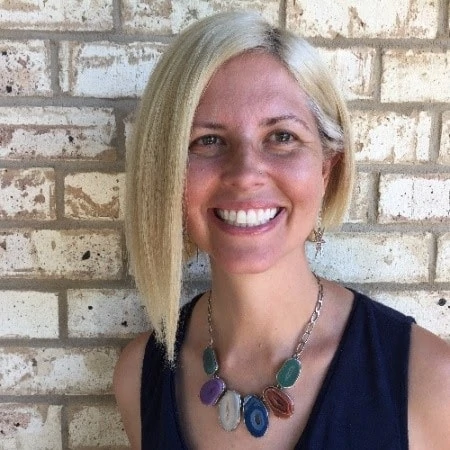
Haley Oyler
In January 2016, Haley was relieved to finally have a diagnosis for her son who suffered many delays and challenges. But with that relief in a diagnosis, there was also heartache from the limited amount of information and lack of resources and guidance available. Her passion to help not only her son but all those affected by SETBP1 disorder led her on a journey to help find therapies and treatments to improve their quality of life. With the support of her family, friends, and the growing community of families affected by SETBP1 differences, she founded SETBP1 Society. Haley graduated from the University of Texas with a bachelors in mathematics. She draws on her previous experience working in product management, project management, research, and sales, as well as her commitment to her son to help SETBP1 Society reach its fundraising and research goals. She feels fortunate to be working on behalf of all families affected by SETBP1 disorder at home while caring for her own family in Austin, TX.
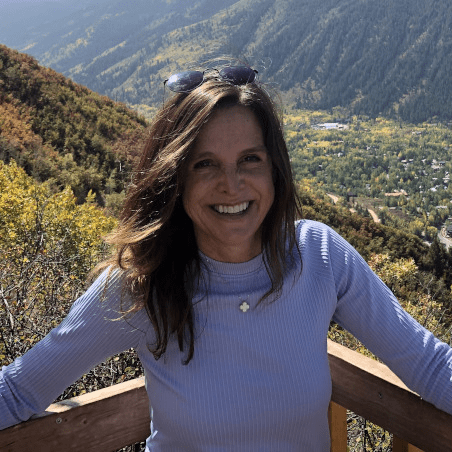
Polly Appel
Polly Appel and her husband, Peter, searched for over two decades to find the cause of Jarret’s disabilities. Soon after they learned that Jarret, the youngest of their three sons, has two inherited and one de novo SHANK2 variants, they began a collaboration with Dr. Guoping Feng and his team at the MIT McGovern Institute who are at the cutting edge of SHANK2 research. The scientists are currently conducting biochemical, electrophysiological and behavioral analyses on “Jarret” mice with the hopes that the results will lead to treatments for individuals with pathogenic SHANK2 variants.
Polly’s educational experience aligns well with the mission of the SHANK2 Foundation. Her undergraduate and graduate business degrees from the Wharton School at the University of Pennsylvania and the Kellogg Graduate School of Management at Northwestern University, respectively, have prepared her to help establish an organization to serve the SHANK2 community and build awareness of the role SHANK2 plays in IDD and ASD. Her graduate studies in the Human Genetics program at Sarah Lawrence College have equipped her to analyze and interpret the latest research on SHANK2, and her Masters of Social Work from Columbia University has trained her to facilitate and promote conversations and connections between and among members of the SHANK2 community.
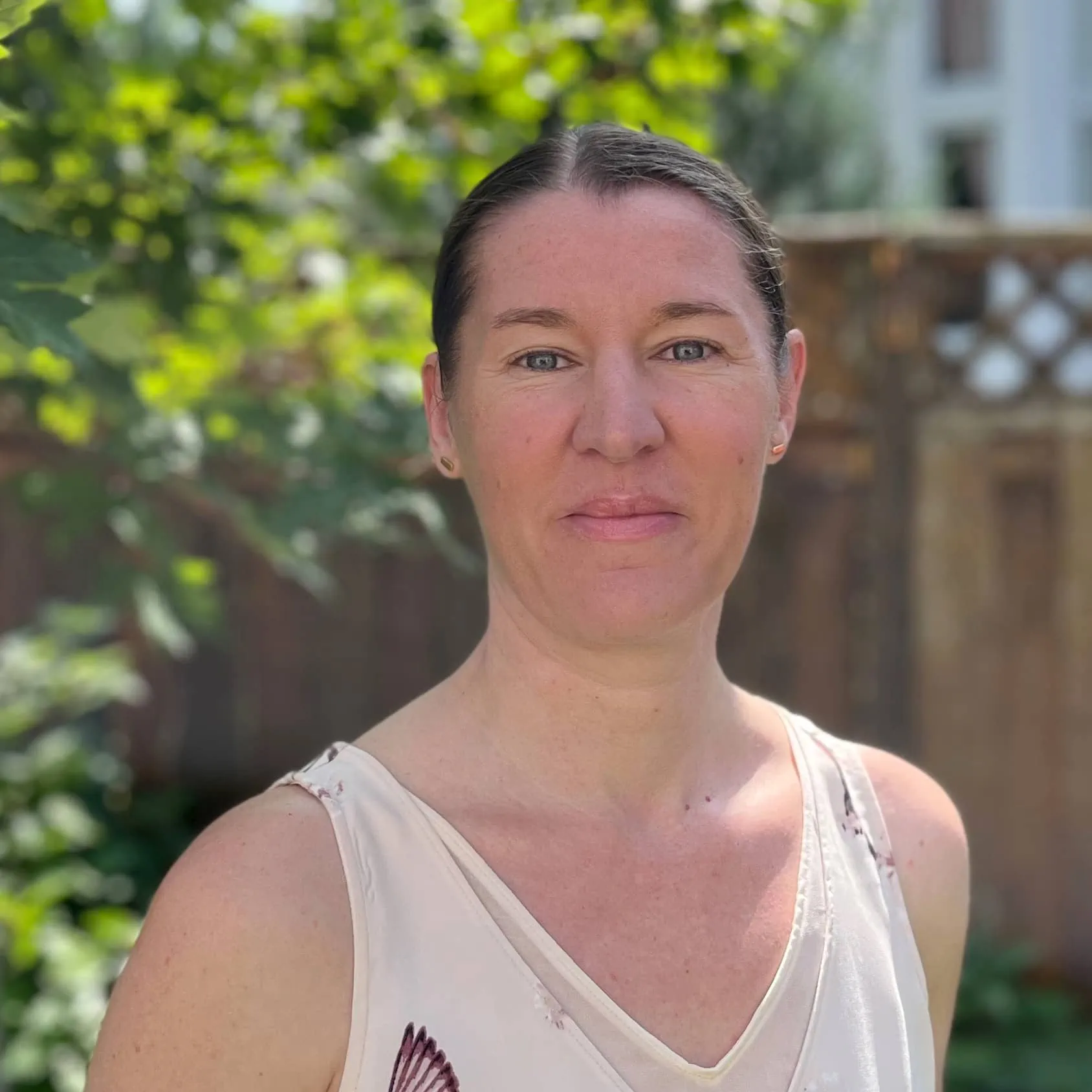
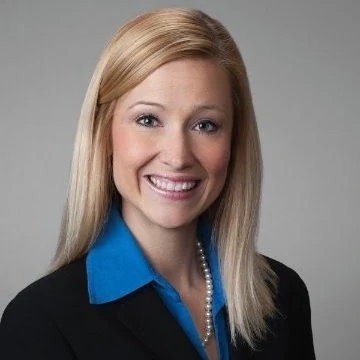
Amber Freed
Amber N. Freed is Fighting Like a Mother to cure SLC6A1.
Mark and Amber Freed are the parents of adorable twins, Miss Riley James and Mr. Maxwell Norman. Maxwell was 18 months old when the Freed family received his devastating diagnosis of SLC6A1. Ms. Freed left her career in equity analysis the day Maxwell was diagnosed and dedicated her life to finding a cure. In 18 months, Amber has single-handedly driven multiple translational treatments forward and become a leader within the rare disease community.
Ms. Freed serves as the Founder and CEO of SLC6A1 Connect. SLC6A1 Connect’s work has elevated awareness and created an ecosystem that can systematically help fund and consolidate research and treatment efforts. Her efforts have been highlighted in the Huffington Post, Buzzfeed, Bloomberg, CNBC and many more.
Ms. Freed was featured in the best-selling book, Shortcut to Prosperity, as an example of grit well before her skills were put to the ultimate test. Prior to Founding SLC6A1 Connect, Ms. Freed served in a variety of equity and financial analysis roles, most recently in consumer equity research with Janus Henderson Investors. Prior to Janus, Ms. Freed was a Vice President with Stout, Risius & Ross in Houston, Texas, focusing on private company and personal valuations. Ms. Freed has also served in roles with RK Capital Management, Dividend Capital Trust, and KPMG LLP. Ms. Freed attended the University of Denver for both undergraduate and graduate school, receiving degrees in Accounting on an academic scholarship.
She was nominated for the Global Genes Rare Champion of Hope Award, is a member of the Rare Advocacy Movement and sits on the Board of CombinedBrain. Amber can be reached at any hour of the day to advance science.

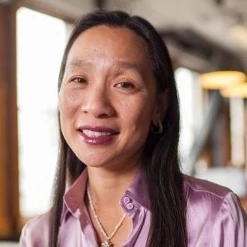
Charlene Son Rigby
As President and a Founding Board Member of the STXBP1 Foundation, I am eager to help build awareness of STXBP1, and accelerate discovery of new treatments and hopefully a cure. My daughter, Juno, started missing milestones around 4 months old. After many negative and inconclusive tests over a 2.5 year journey, we finally got an answer through a new type of genetic test — whole exome sequencing. Her positivity and persistence inspire me. I am committed to doing everything I can to help her live a full and happy life. Professionally, I have spent the last 20 years building new biotech and technology companies. Currently, I am Chief Business Officer at Fabric Genomics, a genomics software company focused on rare disease diagnosis. My career work in rare disease started coincidentally right before my daughter, Juno’s, diagnostic odyssey started. This unplanned connection between my personal life and profession has helped push forward the search for a cure for my daughter and kids like her, and given my work deeper meaning. I live in San Francisco, California. I previously served on the Board of the UC Berkeley, Haas School of Business, as the Co-Chair of the Haas Alumni Council, and as Treasurer of the Planned Parenthood – Golden Gate Action Fund. I received B.A. in Human Biology from Stanford University and an M.B.A. from U.C. Berkeley’s Haas School of Business.

Mike Graglia
Mike comes from a career in public policy, international development and strategy. Previous roles have included establishing a new program at New America, a DC think tank, Budget & Planning at both the Gates Foundation & Emerson Collective, healthcare consulting at BCG, developing world university support for the World Bank Group, managing a refugee program for the International Catholic Migration Commission in Zimbabwe, and teaching math in Peace Corps Namibia.
Graglia has an MBA from Columbia University where he was a Bronfman Fellow, an MA in Southeast Asian studies from Johns Hopkins School of Advanced International Studies where his studies were supported by the Paul & Daisy Soros Fellowship for New Americans. He studied mathematics at Gonzaga University, S.J. Graglia lives with his wife & two sons in Palo Alto, California.
About SRF
Michael Graglia’s son Tony was diagnosed with SYNGAP1 in 2018, he was 4. Together with his wife, Ashley Evans, he founded the SynGAP Research Fund, 501c3, to accelerate the science around SYNGAP1 inorder to make sure there is a therapy developed in a time frame that matters for his son, and children like him. SRF expects to have granted over $1M to scientific labs by the end of 2020.
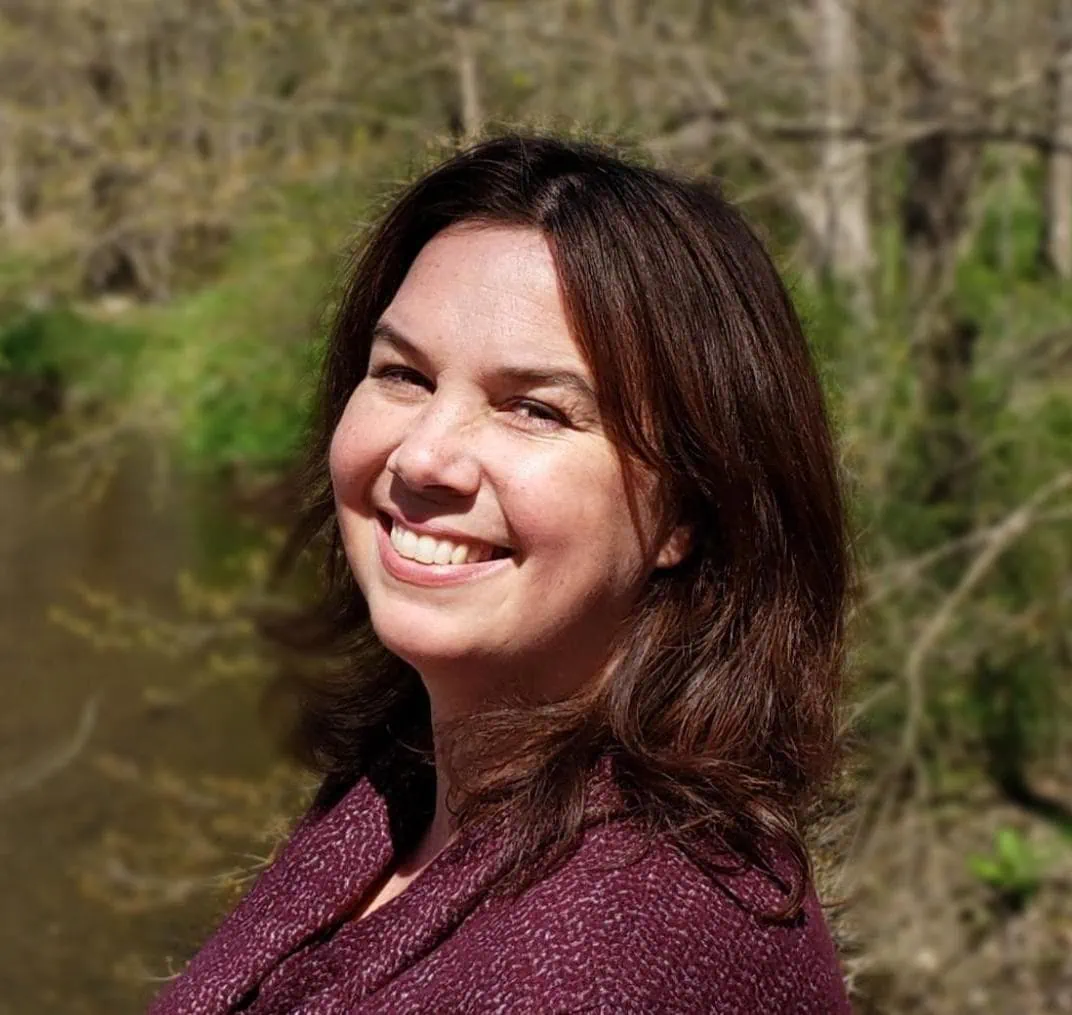
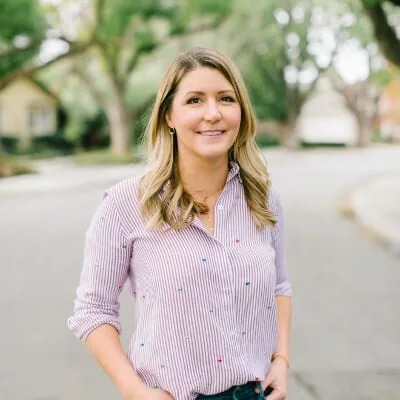

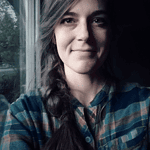

Stephen Pratt
Stephen is the founder and President of the WWOX Foundation of America. He is the father of two amazing boys Luke and Jack both of whom suffer from WWOX Related Epileptic Encephalopathy (WOREE). Stephen holds a Bachelors of Science Degree in Mechanical Engineering from Gonzaga University. He has a strong technical and project management background working as a project engineer in the aerospace industry. Stephen lives near Seattle, Washington with his wife Karen and their two boys Luke and Jack.
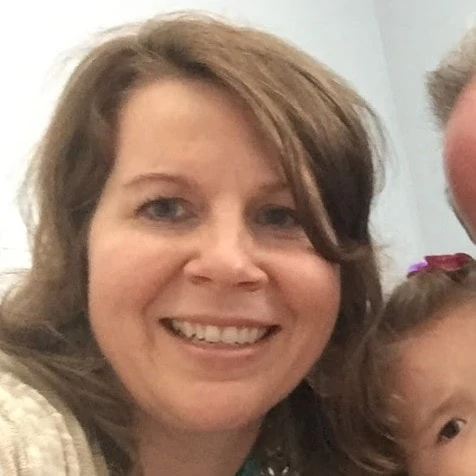
Trish Flanagan
Trish is a passionate co-founding member of the Board of the Directors for The Yellow Brick Road Project and mom to Morgan, touched by an HNRNPH2 mutation. A seasoned Early Childhood Educator, she earned her Bachelors Degree of Science from Penn State University majoring in Human Development and Family Studies with an Early Childhood focus. Her first role working with children was within the Child Life Program at Westchester Medical Center in NY providing play experiences to children as well as offering psychosocial support to their families. She went on to earn her Masters Degree in Early Childhood Education from the College of New Rochelle and resides and teaches in the suburbs of New York.



